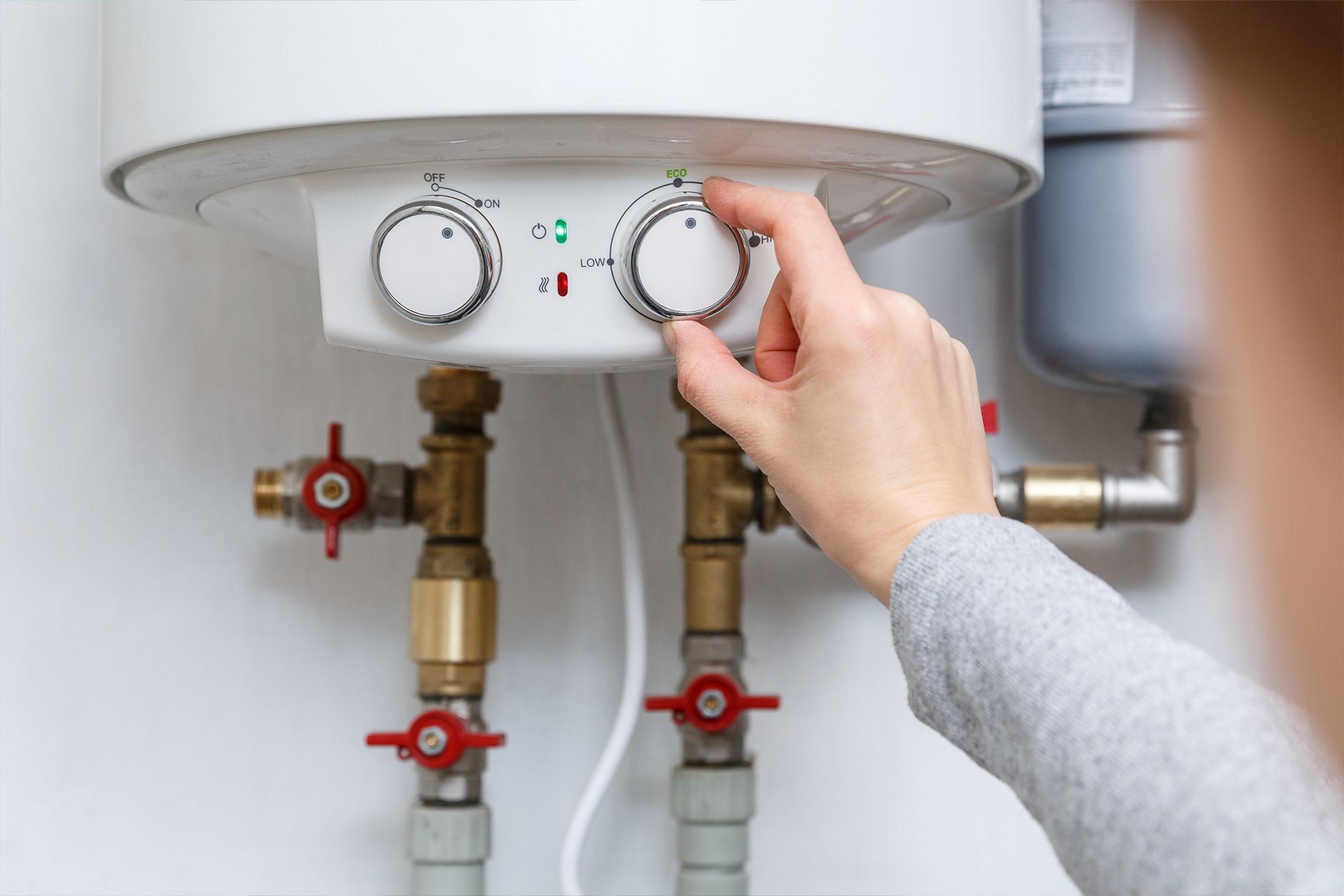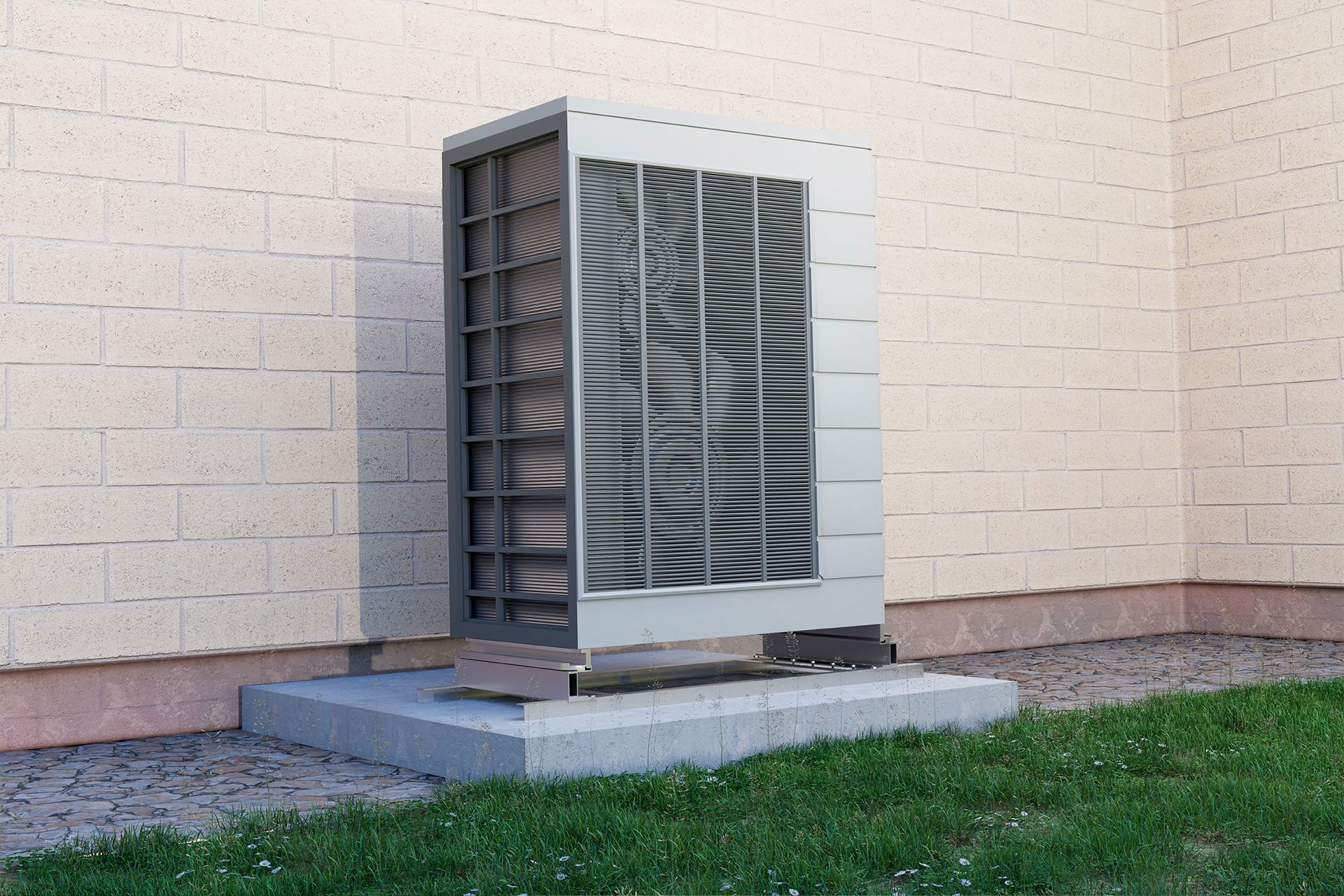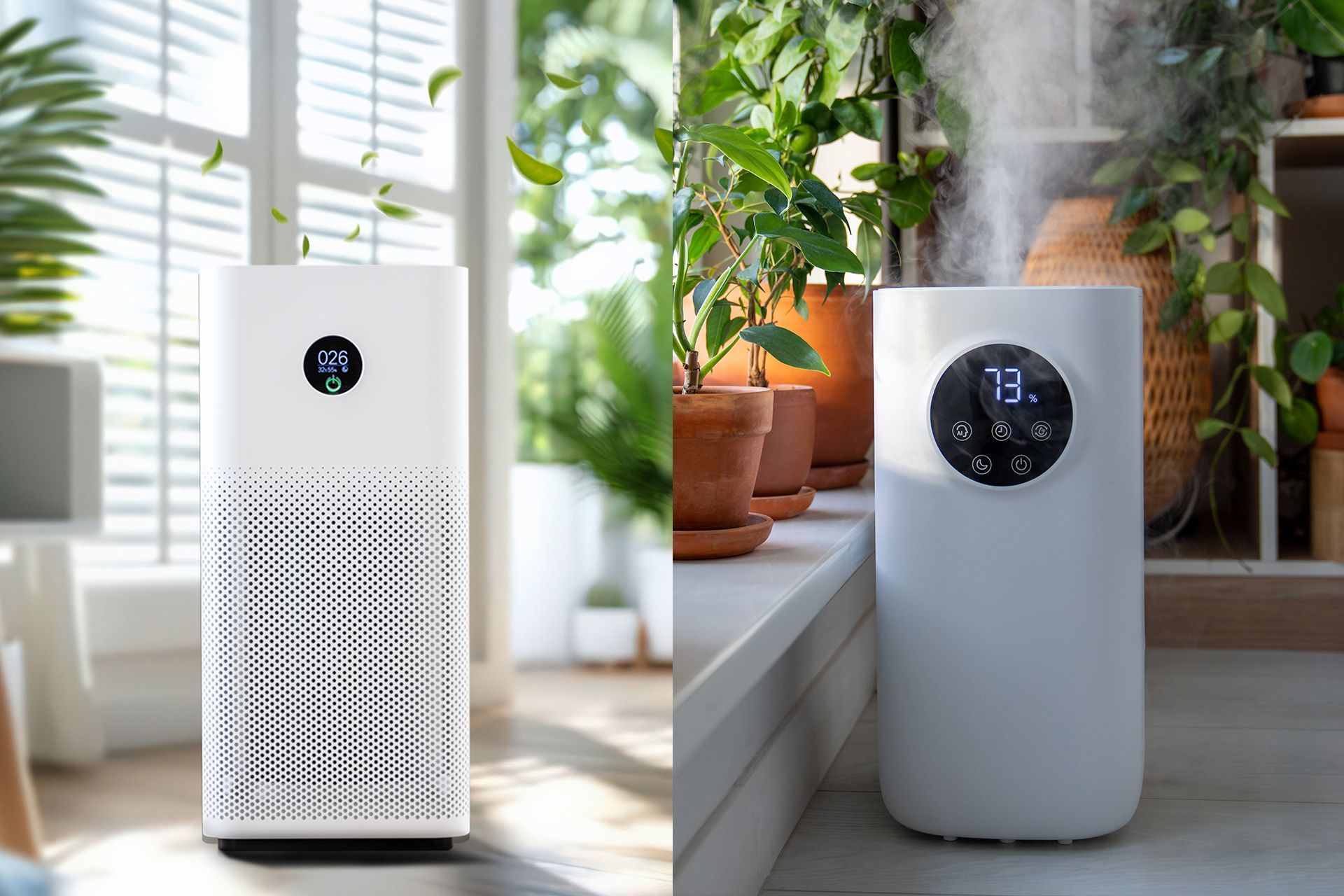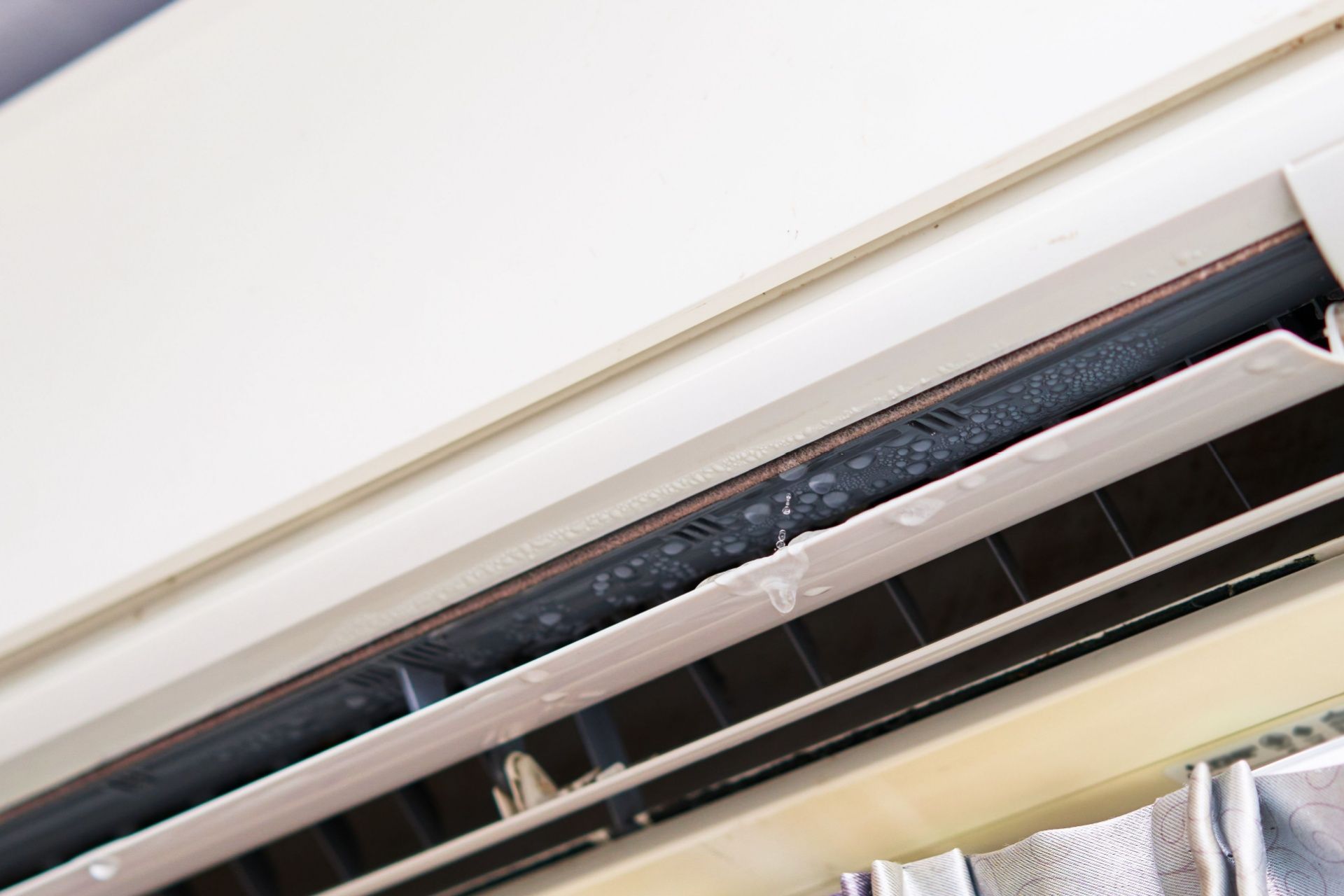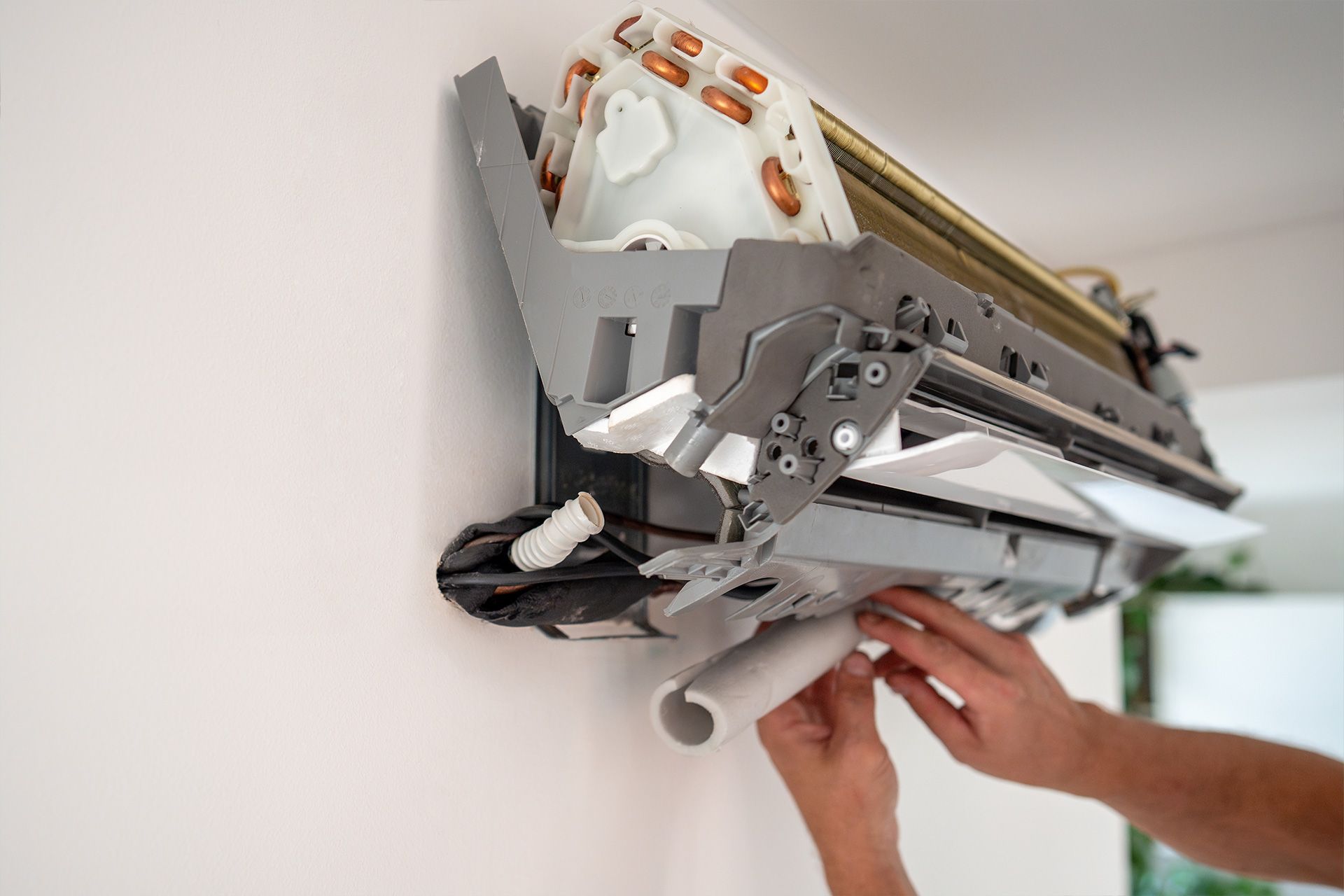Articles
HVAC Contractor Tips and Articles For Your Home
What Is a Ductless HVAC System?
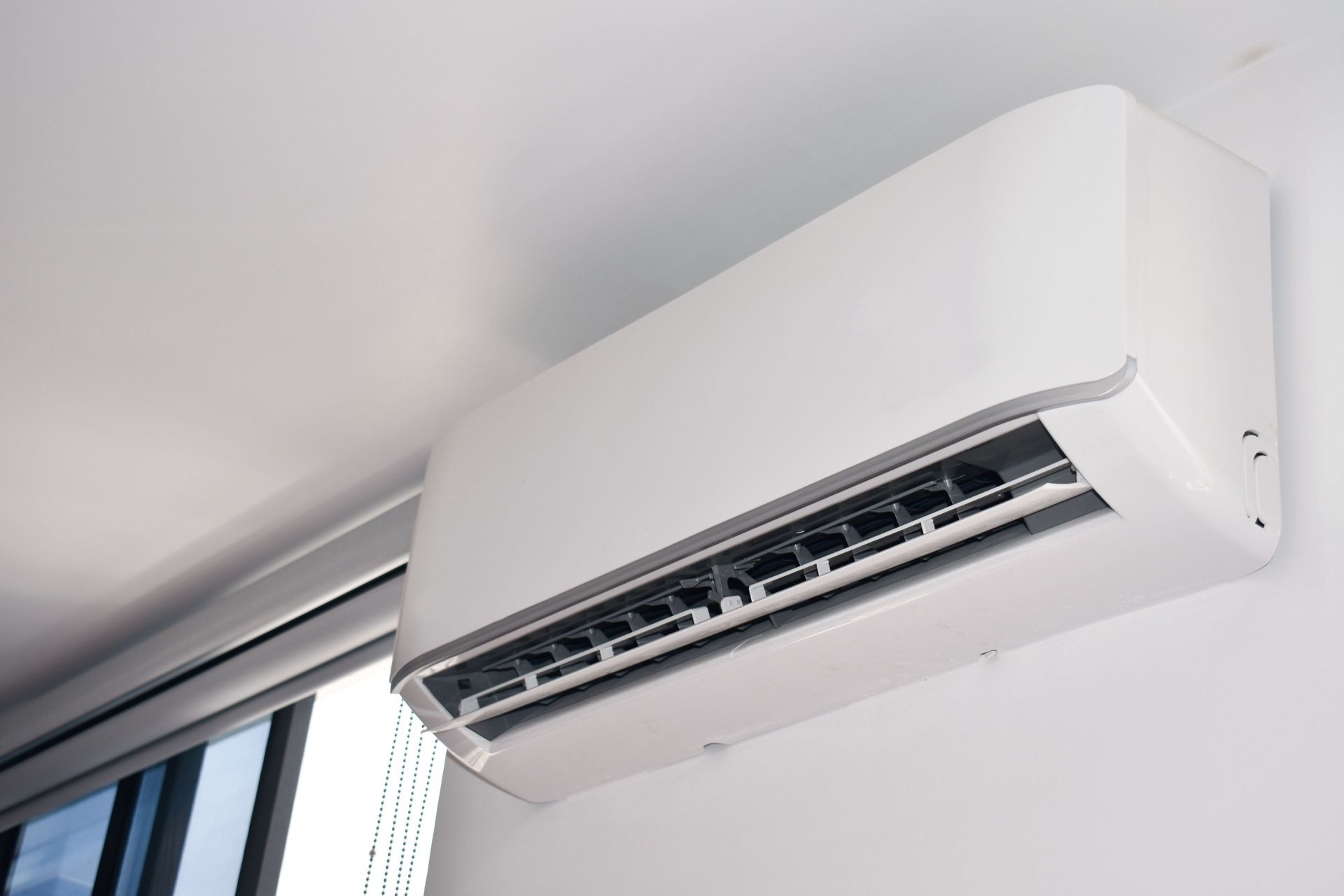
When it comes to keeping your home comfortable, choosing the right heating and cooling system makes all the difference. Many people are familiar with central air conditioning or traditional furnaces, but there’s another option that’s becoming very popular in the U.S. — the ductless HVAC system.
This system is energy-efficient, flexible, and a great choice for homes where ductwork is not practical. If you’ve ever wondered “How does a ductless HVAC system work?” or “Is it the right choice for me?”, this guide breaks it down in a simple, easy-to-understand way.
What Is a Ductless HVAC System?
A ductless HVAC system, also called a mini-split system, is a heating and cooling system that does not require ducts to move air through your home. Instead of one large unit pushing air through a network of ducts, it uses small indoor units that connect to an outdoor unit.
Each indoor unit is placed in a room or zone, and it delivers air directly to that space. This allows you to control the temperature in each area separately, which saves energy and increases comfort.
How Does a Ductless HVAC System Work?
A ductless HVAC system has two main parts:
- Outdoor Unit – This sits outside your home and contains a compressor and condenser.
- Indoor Units – These are mounted on walls, ceilings, or floors inside your home. Each unit connects to the outdoor system with a small pipe that runs through the wall.
Here’s the step-by-step process of how a ductless HVAC system works:
- The outdoor unit pumps refrigerant through thin tubing into the indoor units.
- The refrigerant absorbs heat from the room in the summer, carrying it outside to cool the space.
- In the winter, the process reverses, bringing warm air into the room.
- Each indoor unit has its own thermostat, so you can set different temperatures for different rooms.
This “zoned” control is one of the biggest advantages of ductless systems.
Benefits of a Ductless HVAC System
Ductless HVAC systems are popular because they solve many problems that traditional systems cannot. Here are the top benefits:
1. Energy Efficiency
Traditional HVAC systems lose a lot of energy through ducts. According to the U.S. Department of Energy, duct losses can account for up to 30% of energy use in heating and cooling. A ductless HVAC system avoids this issue because there are no ducts, making it more efficient.
2. Cost Savings
Because these systems use less energy, your utility bills may go down. Plus, zoning allows you to cool or heat only the rooms you’re using, instead of the whole house.
3. Easy Installation
Installing ductwork in an older home can be expensive and messy. Ductless systems only need a small hole in the wall for piping, so installation is faster and less invasive.
4. Better Air Quality
Dust, pollen, and allergens often collect inside ductwork and spread throughout the home. With a ductless HVAC system, air is delivered directly into the room, keeping the air cleaner and healthier.
5. Flexible Design
Indoor units come in different styles (wall-mounted, floor-mounted, ceiling-recessed) and can fit in many types of spaces, including rooms without windows for traditional AC units.
When Should You Consider a Ductless HVAC System?
A ductless system isn’t the right choice for every home, but it’s perfect in many situations:
- Older Homes Without Ductwork – If your home was built before central air became common, installing ducts can be costly. A ductless system is a smart alternative.
- Room Additions or Renovations – If you’re adding a new room or garage apartment, you don’t need to extend existing ducts. A ductless unit can serve just that space.
- Homes With Hot or Cold Spots – Some rooms may never get as comfortable as the rest of the house. A ductless HVAC system gives you direct control in those tricky areas.
- Energy-Conscious Households – If saving money and reducing your carbon footprint is important, ductless systems are an excellent option.
Things to Keep in Mind
While ductless HVAC systems are efficient and flexible, there are some points to consider:
- Initial Cost – The upfront cost may be higher than a window unit or small central system. However, the savings in energy bills often make up for it over time.
- Appearance – Some homeowners don’t like the look of wall-mounted units. Recessed or floor-mounted options may be better if aesthetics are a concern.
- Regular Maintenance – Just like other HVAC systems, ductless units need regular filter cleaning and professional servicing to keep them running smoothly.
Comparing Ductless HVAC to Central Systems
Here’s a quick comparison between ductless systems and traditional central air systems:
| Feature | Ductless HVAC System | Central HVAC System |
|---|---|---|
| Ductwork | Not required | Required |
| Energy Efficiency | High, no duct losses | Lower due to duct losses |
| Installation | Quick and less invasive | Expensive and complex |
| Zoning | Individual room control | Whole house only |
| Air Quality | Cleaner, fewer allergens | Ducts may spread dust |
Final Thoughts
A ductless HVAC system is a smart, efficient, and flexible option for many American homeowners. By delivering comfort directly into each room, it reduces wasted energy and provides better control over your indoor climate.
Whether you’re upgrading an old house, adding a new room, or simply looking to save money on energy bills, ductless systems are worth considering.
Want expert help with ductless HVAC installation? Contact Gleason Heating and Air Conditioning today to schedule your consultation!
FAQs About Ductless HVAC Systems
How long does a ductless HVAC system last?
A well-maintained ductless system can last 15–20 years. Regular filter cleaning and annual servicing extend its lifespan.
Can a ductless HVAC system heat a whole house?
Yes. Multiple indoor units can be installed to cover every room, making it suitable for whole-house heating and cooling.
Are ductless HVAC systems noisy?
No, they are very quiet compared to window air conditioners or central systems. Most homeowners barely notice when they’re running.
Do ductless systems increase home value?
Yes, they can improve your home’s value because they are energy-efficient, modern, and appealing to buyers who want lower utility costs.
How much does a ductless HVAC system cost in the U.S.?
The cost varies based on the size of your home and the number of indoor units.
Disclaimer: The information on this website and blog is for general informational purposes only and is not professional advice. We make no guarantees of accuracy or completeness. We disclaim all liability for errors, omissions, or reliance on this content. Always consult a qualified professional for specific guidance.

